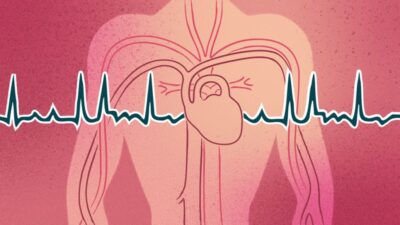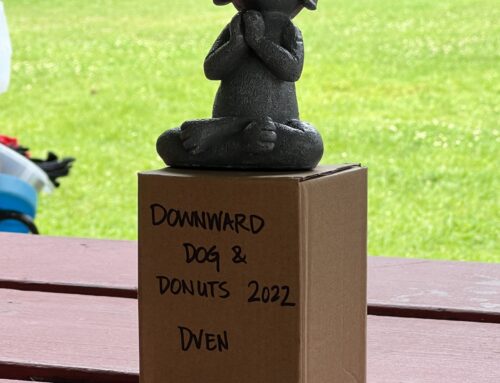7 Common Afib Triggers
As a PTSD and cancer survivor, I pay a great deal of attention to my health signs. Here’s what I watch:
- My sleep quality – time and % of deep sleep – and my average asleep heart rate.
- My morning O2 levels – I began this during the COVID-19 period
- I also use a Kardia tool to look for any signs of arrhythmia. I also began this practice during COVID.
After a lifetime as an amateur athlete and a career in the US Army – Ranger and Airborne assignments – with no issues, I suddenly find an occasional arrhythmia experience after hard exercise.
15 minutes of good Internet research led me to the University of Michigan website and a potential answer – dehydration.
I drink a lot of coffee and caffeine is a diuretic. So, two cups of coffee and then 3 hours of moderately intense most likely results in some level of dehydration, even though I drink while I’m riding.
Here are Michigan Medicine’s 7 common Afib triggers:
- Sleep issues
- Alcohol
- Caffeine
- Excessive exercise
- Dehydration
- Stress
- Large meals
For me, personally, the issues are #1 and #5. My first steps are to reduce my coffee intake and increase my water intake, especially since I have a 56-mile bicycle ride coming up as part of the Red White & Blue Old Glory Relay.
Read the entire article here:
Author| Jane Racey Gleeson
But did you know that poor sleep quality is one of the many triggers of a heart rhythm condition known as atrial fibrillation?
According to University of Michigan Health electrophysiologist Michael Ghannam, M.D., many of his patients aren’t aware of the connection between atrial fibrillation and poor sleep, often caused by conditions such as sleep apnea.
Atrial fibrillation, or Afib, is one of the most common types of heart rhythm conditions. During Afib, the top chambers of the heart beat in an irregular rhythm, out of sync with the heart’s lower chambers. While some individuals experience no symptoms at all, others may experience a fluttering or pounding heartbeat along with chest pain, weakness, fatigue, dizziness, and shortness of breath. Afib can also lead to stroke.
Afib has a variety of causes, including:
- Heart disease
- Chronic conditions such as diabetes and asthma
- Family history
- High blood pressure
- Sedentary lifestyle
- Obesity
Read the complete text here: https://www.michiganmedicine.org/health-lab/7-common-afib-triggers-may-surprise-you
You should contact your health care provider if you experience any of these symptoms.
Robert is an Army combat veteran with service in Vietnam, Europe, the Pentagon, and the Department of State. He is an advocate for disabled veteran awareness and suicide prevention.



Leave A Comment